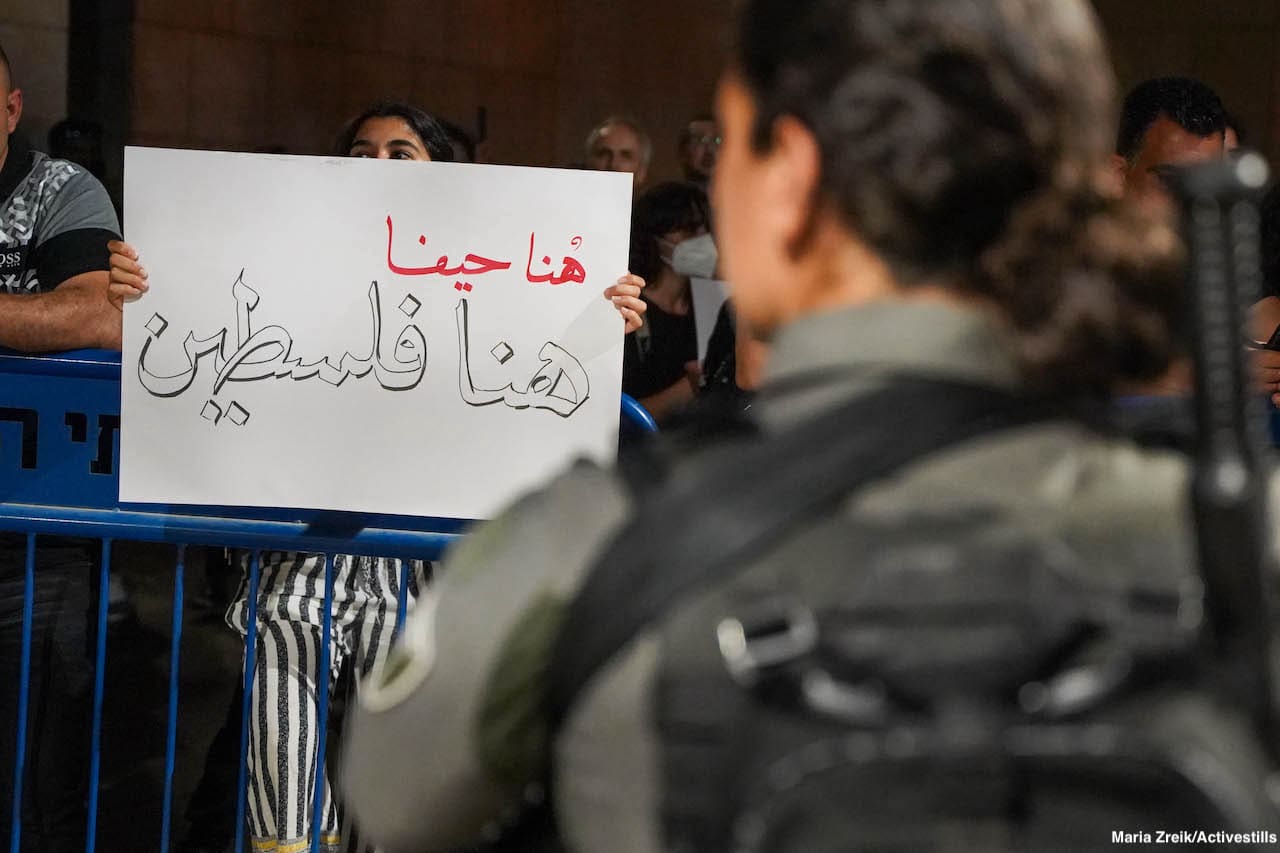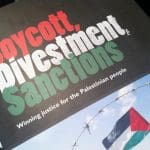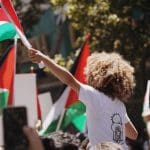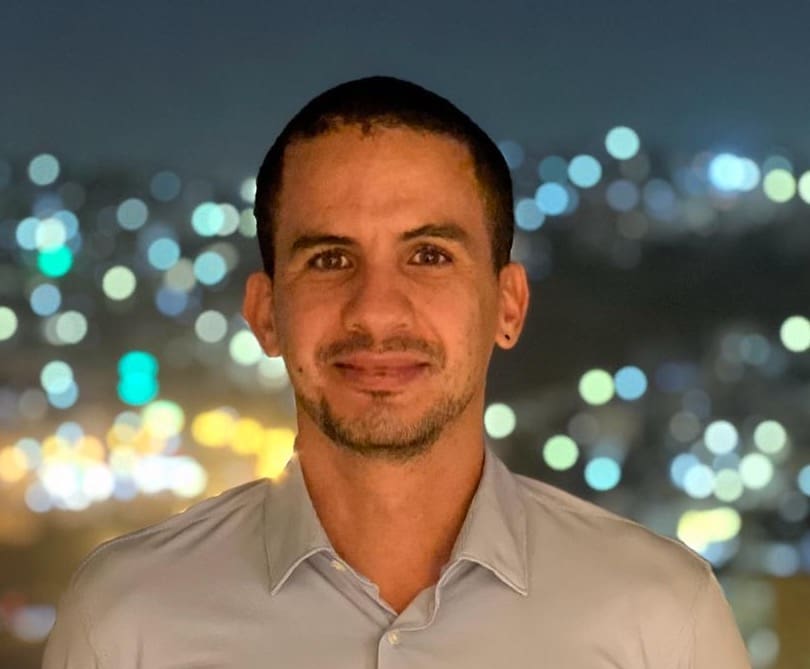
Israel’s recent criminalization of six Palestinian human rights organizations has sparked global outcry. But this tactic fits into a global trend of lawfare led by right-wing and conservative governments, including in the US and Europe, against activists and grassroots organizers. it must be actively resisted politically and legally.
On the anniversary of the First Intifada, Al-Shabaka asks Omar Barghouti, co-founder of the Palestinian-led Boycott, Divestment and Sanctions (BDS) movement, and Dima Khalidi, the founder and director of Palestine Legal: How can Palestinians and their allies move away from defensively responding to criminalization accusations towards a proactive strategy which challenges the Israeli regime’s lawfare tactics? How can this approach combine political and legal strategies? How can it engage intersectionally with other progressive movements?
Omar Barghouti is a Palestinian human rights defender and co-founder of the Palestinian-led Boycott, Divestment and Sanctions (BDS) movement for Palestinian rights. He is a co-recipient of the 2017 Gandhi Peace Award. He holds bachelor’s and master’s degrees in Electrical Engineering from Columbia University, NY, and is pursuing a PhD in Philosophy (ethics) at the University of Amsterdam. He is the author of, BDS: The Global Struggle for Palestinian Rights (Haymarket: 2011). His commentaries and views have appeared in many mainstream outlets including the New York Times, the Guardian, MSNBC, CNN, Le Monde, among others.
Nadim Bawalsa is Associate Editor with the Journal of Palestine Studies. From 2020-2023, Nadim served as Al-Shabaka’s commissioning editor. He is a historian of modern Palestine, and author of Transnational Palestine: Migration and the Right of Return before 1948 (Stanford University Press, 2022). His other work has appeared in the Jerusalem Quarterly, the Journal of Palestine Studies, NACLA Report on the Americas, and as well as in edited volumes. He earned a joint doctorate in History and Middle Eastern & Islamic Studies from New York University in 2017, and a Master’s in Arab Studies from Georgetown University’s Center for Contemporary Arab Studies in 2010. In 2019-2020, he was awarded a PARC-NEH fellowship in Palestine.















